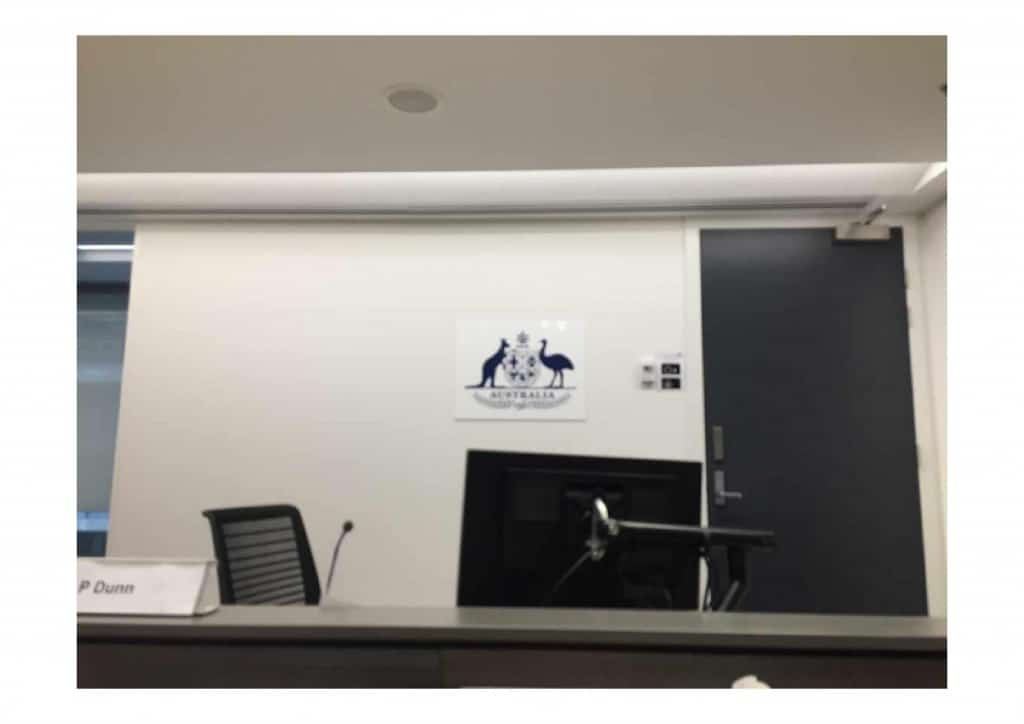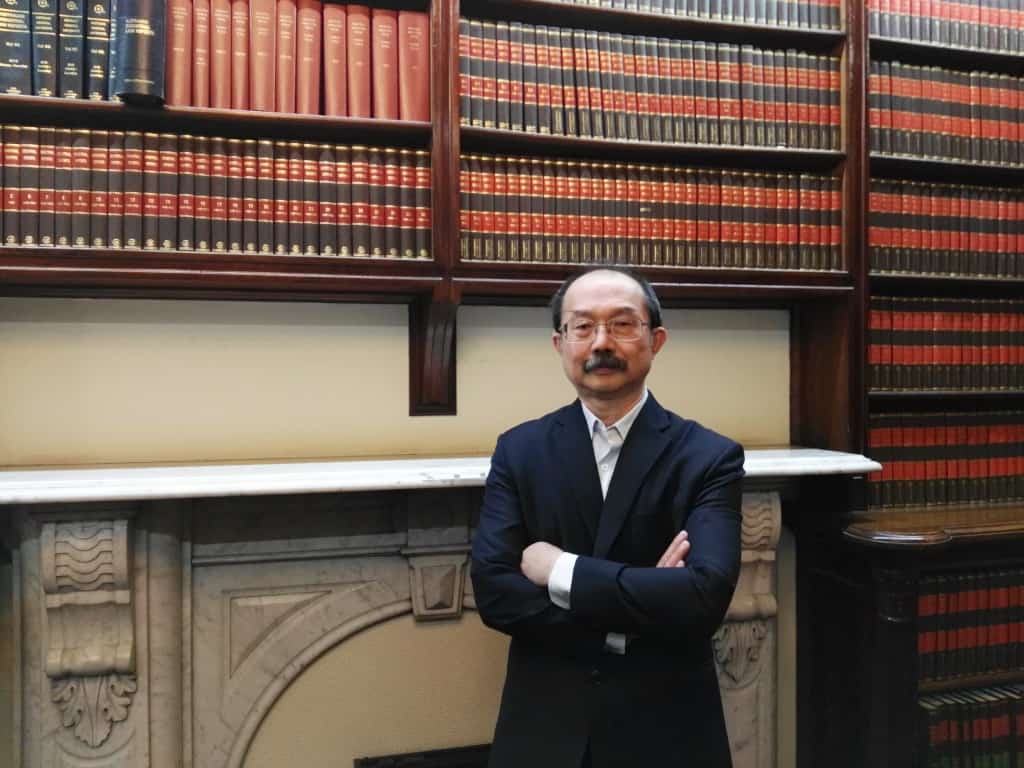
Can AAT grant visa?
According to Wigney J in the case of Minister for Immigration, Citizenship, Migrant Services and Multicultural Affairs v PDWL (‘PDWL’) [2020] FCA 394, the answer is yes.
PDWL arrived in Australia in 2012, he applied for a Class XE Safe Haven Enterprise visa in 2016. In December 2019, the Department refused his visa application because the delegate was not satisfied that he passed the ‘character test’ defined in s 501(6) and exercised the discretion under s 501(1) to refuse his visa application on that basis.
The delegate’s decision under s 501(1) to refuse a visa application is said to have been made by the Minister.
Can AAT grant visa? PDWL applied to the AAT for a review of the decision to refuse his visa application. The AAT has jurisdiction to review by virtue of s 500(1). During the Tribunal’s hearing, it sets aside the refusal because it was bound by the decision in BAL19 v Minister for Home Affairs (‘BAL19’) [2019] FCA 2189 (click here to learn more). Rares J in BAL19 held, amongst others, that the terms of s 36(1C) prevented the Minister from using s 501(1) as a basis to refuse to grant a protection visa (at [88]).
However, the Minister argued that the AAT cannot grant a visa even though s 43(1) of the Administrative Appeals Tribunal Act 1975 (Cth) said that the Tribunal can affirm or vary or set aside the decision under review and substitute the decision so set aside or remit the matter back to the Department with any directions or recommendation.
So, can AAT grant visa? Unless other specified by the AAT, its decision comes into operation immediately upon giving of the decision .
Can AAT grant visa? A decision made by the AAT in substitution for the decision of the delegate (other than for review or appeals, in accordance with s 44) is said to be a decision of that delegate.
So, can AAT grant visa? In PDWL, the Tribunal said that he satisfied all criteria for the grant of a visa except he did not pass the “character test”. The Tribunal said that PDWL is not required to satisfy the delegate if he passed the character test by virtue of the ruling in BAL19. The Tribunal said that it is obliged under s 2A of the AAT Act to provide a fair, just, economical, informal, and quick decision. The AAT decided to grant PDWL a safe haven enterprise visa under s 36. And that decision comes into effect forthwith and was deemed to be a decision of the Minister .
However, PDWL remained in detention because he was an unlawful non-citizen (s 189(1) – unlawful non-citizen must be detained, and s 196(1)(c) – detained until (a) removed under s 198 or 199 or (b) deported under s 200; or (c) is granted a visa).
The Court said that PDWL was granted a visa by the AAT, he should be released as he was no longer an unlawful non-citizen. He was not released from immigration detention simply because the Minister did not like the AAT’s decision.
The Court further said that PDWL could only be detained if authorised by s 196(1) and should be immediately released from immigration detention in circumstances where that detention was no longer authorised or justified.
Can AAT grant visa?
The answer is “no”. PDWL has been successfully appealed (Minister for Immigration, Citizenship, Migrant Services and Multicultural Affairs v PDWL [2021] FCAFC 48 (1 April 2021)).
Even if the AAT decided to affirm or agree with the Department to either refuse you a visa or cancel your visa, you can still request the Minister to intervene and grant you a visa (click here to learn how to seek ministerial intervention).
If the AAT affirmed (refused) the Department decision to refuse you the visa or cancel your visa, you may apply to the Federal Circuit Court or FCC (click here to learn more).
Australian migration law is complex and difficult to understand, contact our immigration lawyer for a consultation PDWL to help with your AAT application to review the Department’s Decision (click here to learn more).

 041 222 4020 or WeChat: AUDvisa
041 222 4020 or WeChat: AUDvisa
This article is not intended to be or taken as migration legal advice. The author of this article disclaims any liability for any action or omission on the information provided or not provided in this article. You should always consult an immigration lawyer or a registered migration agent to form an informed opinion on your immigration matter.



